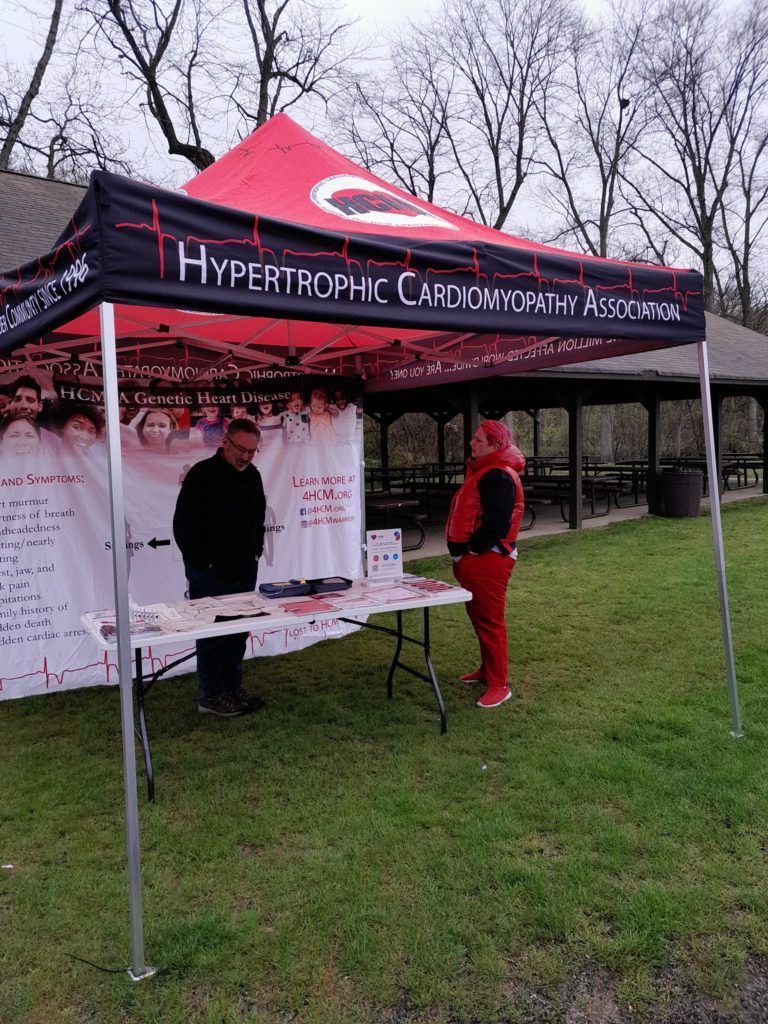On April 20th, HCMA spread awareness of HCM and sudden cardiac arrest (SCA) at the Denville Little League’s opening day ceremony, which attracted over 1,000 residents. At HCMA’s booth, Lisa Salberg, Elena Morgan, Adam Salberg, Lisa Vecchione, Kim Walsh, Arniella Santos, and John Titus, shared information about HCM and SCA preparedness, while promoting an upcoming training focused on sports teams– Drill: Dr. Heart.



On April 27th, HCMA led a Drill: Dr. Heart training session. This hands-on training was designed to equip attendees with the skills to respond effectively to cardiac emergencies. One of the highlights of the training was the introduction to the new Automated External Defibrillators (AEDs) at Denville sports fields, led by Denville Emergency Manager, Wesley Sharples. The training wasn’t just for sports enthusiasts; it was emphasized that these skills are invaluable in various settings including workplaces, schools, and social gatherings—anywhere hearts gather.
The goal of Drill: Dr. Heart is to ensure that every sports team, student activity, classroom, and workplace is prepared for sudden cardiac arrest. Thanks to support from Defibtech, HCMA will give away four AEDs to deserving schools, sports teams, houses of worship, or community organizations through the Drill: Dr. Heart initiative. If you’d like to win an AED for your organization, complete the drill with your group and then complete this form to enter our competition.
The post HCMA’s Lifesaving Engagement in the Local Community appeared first on Hypertrophic Cardiomyopathy Association.


 Translate
Translate

